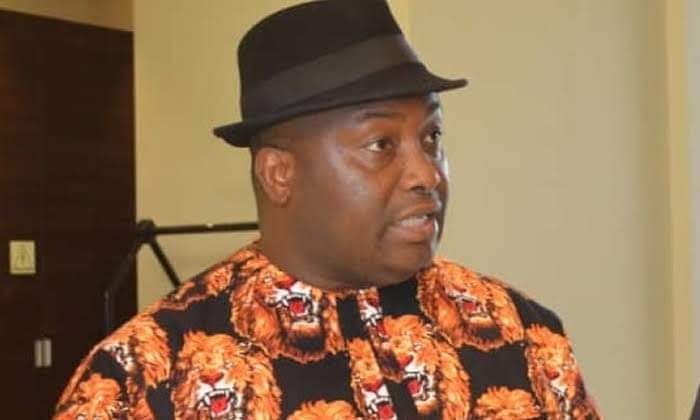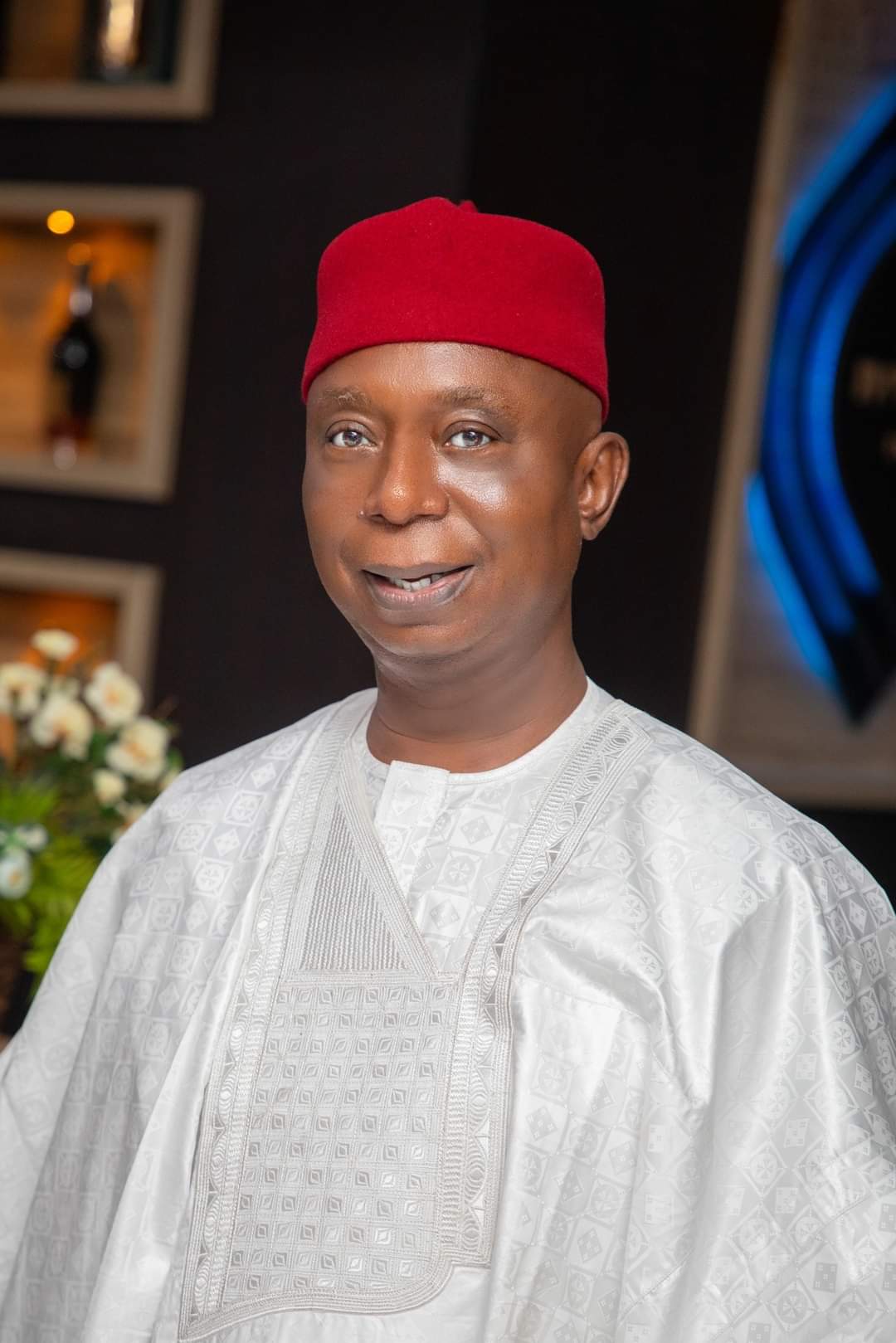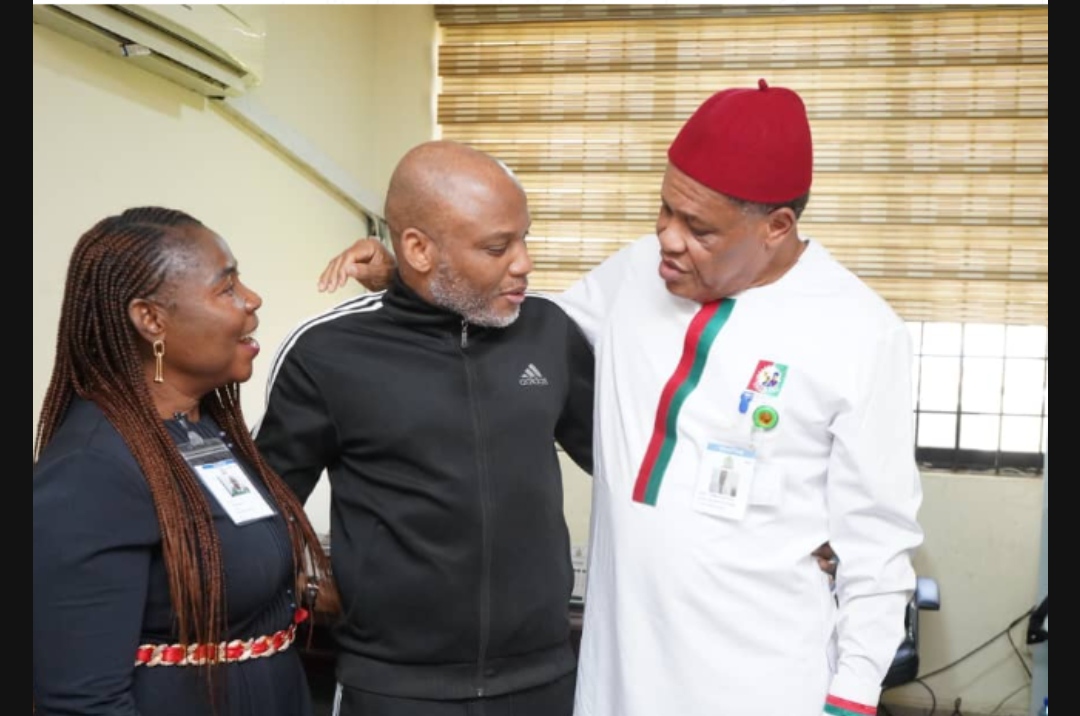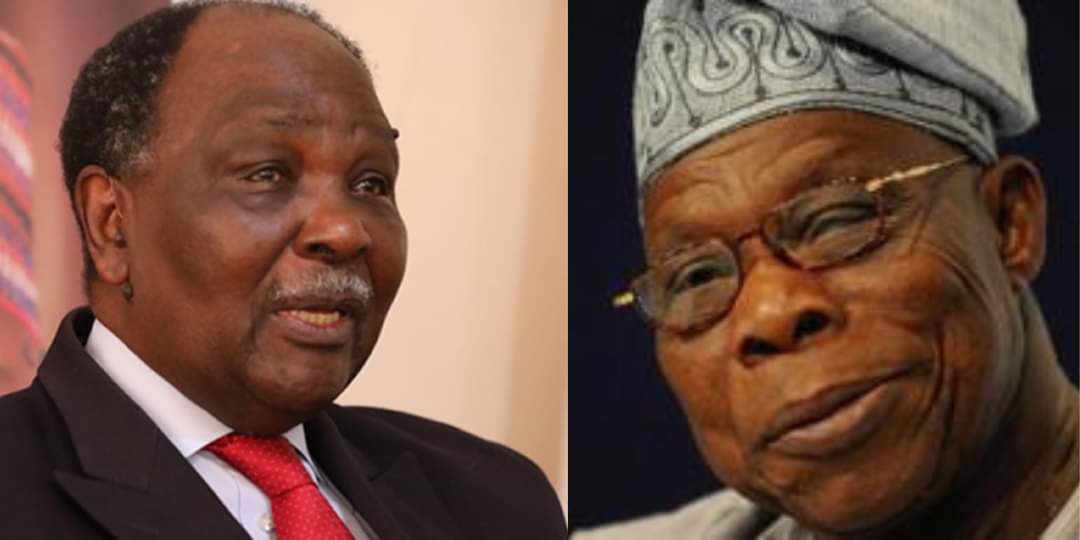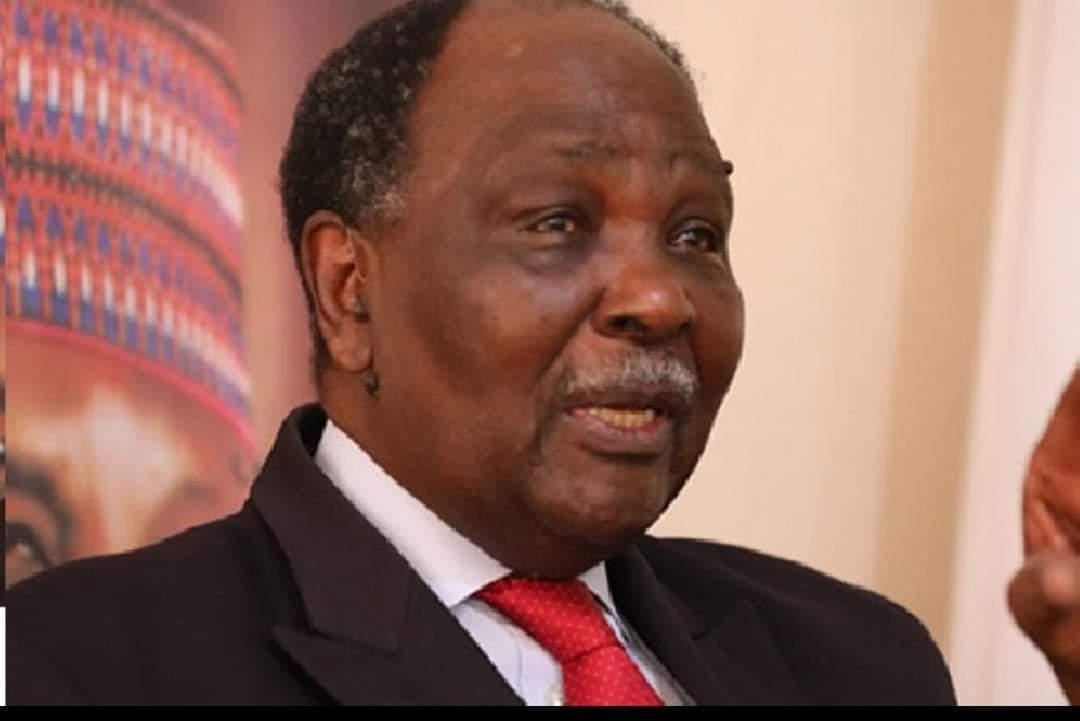On 18 November 1949, 21 miners were tragically shot to death in the Iva Valley coal mine during protests against the British colonial regime.
The Iva Valley mines, established in 1917 to replace the Udi coal mines, soon became infamous for their deplorable working conditions. Under British management, workers faced rampant racism and physical abuse. One such incident occurred on 2 September 1945, when a British national, Mr. T. Yates, slapped a worker named Mr. Okwudili Ojiyi. Despite the risks, Ojiyi courageously pursued legal action, leading to Yates’ prosecution and penalty. However, the harsh conditions persisted.
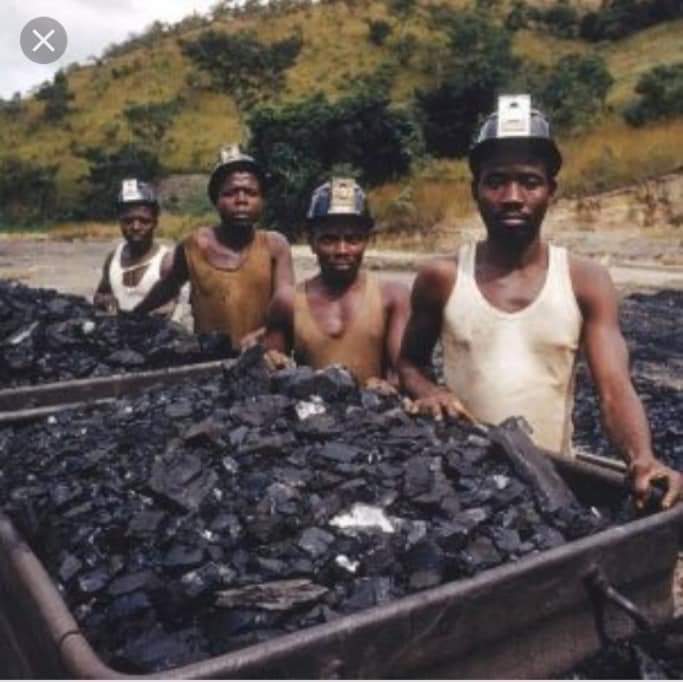
Tensions escalated on 1 November 1949 when the miners’ demands for better pay, job upgrades, and allowances were rejected by the management. In response, the miners went on strike, which led to the dismissal of over 50 workers. Fearing that the strike was fuelled by the growing push for independence, the British managers decided to remove all explosives from the mines on 18 November.
While the removal of explosives from the Obwetti mines went smoothly, the Iva Valley mines proved more challenging, especially as the miners refused to assist. The workers feared that once the explosives were removed, the management would have no reason to keep the mine open—a suspicion later confirmed by The Fitzgerald Commission, which was set up to investigate the massacre.
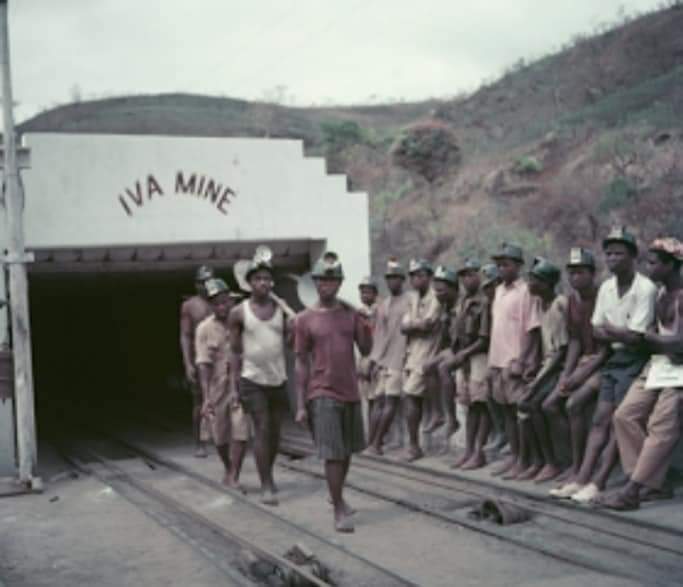
As tensions rose, the British authorities, led by Senior Superintendent of Police (SSP) Captain F.S. Philip, along with two other British officers and 75 armed local policemen, were called to the mine to assist in removing the explosives. The situation quickly escalated as the miners began to protest, singing songs of solidarity and wearing red cloths on their helmets, wrists, or knees as a sign of unity.
Captain Philip, influenced by his racial prejudices, saw the protesting miners not as industrial workers but as dangerous “natives” poised to attack. According to an investigation, he perceived the miners’ chants and dances as threatening. Around 1:30 pm, the tension reached a boiling point. Captain Philip, feeling threatened by the crowd, ordered his men to open fire. He personally shot Sunday Anyasado, a young miner from Mbieri, Owerri, in the mouth, killing him instantly. He then shot and killed Livinus Okechukwuma, a machine operator from Ohi, Owerri. As chaos ensued, Okafor Ageni, a tub man from Udi, was also shot and killed.
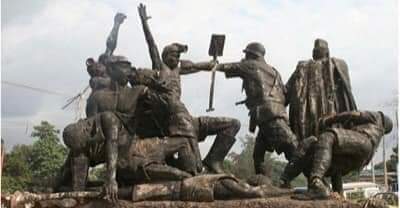
By the end of the massacre, 51 men had been injured, and 21 were dead, including Sunday Anyasado, Livinus Okechukwuma, and several others. These men, who have been hailed as martyrs, inspired movements like the Zikist movement led by Nnamdi Azikwe in the fight for Nigeria’s independence.
Sadly, the events of 18 November 1949, and the lives lost, have largely been forgotten in Nigerian history, with no official commemoration of this dark chapter in the nation’s past.


